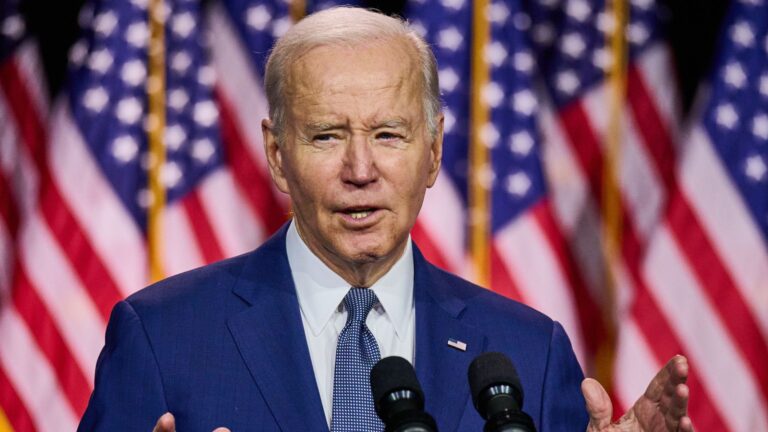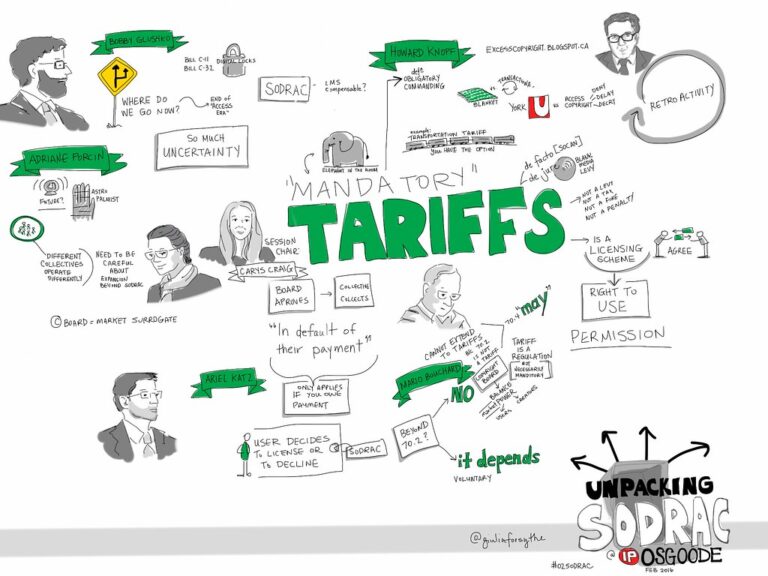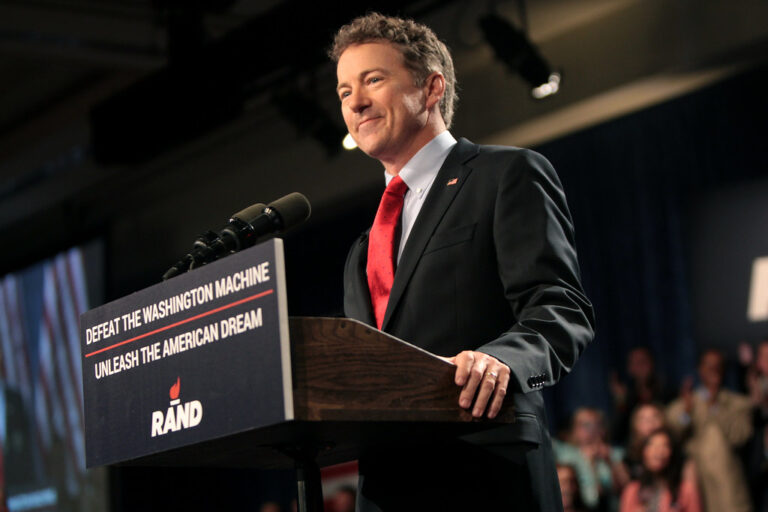Key Takeaways:
- Kash Patel, FBI director, warns of radical Islamic threat in Canada.
- Canadian politicians, including PM Mark Carney, dismiss the claims.
- CSIS reports increased radical Islamic activities since 2015.
- Canada’s policies may inadvertently attract extremists.
- Challenges in addressing the threat while protecting civil liberties.
Introduction:
A heated debate has emerged between the FBI and Canadian leaders over a pressing issue: the rise of radical Islamic ideology in Canada. While FBI Director Kash Patel raises alarms, Canadian officials like PM Mark Carney are quick to dismiss these concerns. However, evidence suggests the problem is real and growing, sparking a crucial discussion about security and tolerance.
The Growth of Radical Islamic Ideology in Canada:
Over the past decade, Canada has seen a noticeable increase in radical Islamic activities. The Canadian Security Intelligence Service (CSIS) has reported a rise in such activities since 2015. This surge has led to concerns about public safety and national security, with some arguing that the Trump administration’s warnings were valid. The debate centers on whether Canada’s approach to multiculturalism and immigration may unintentionally provide a haven for extremists.
Why Canada is a Target:
Canada’s reputation for diversity and tolerance might make it an attractive target for extremists. The country’s multicultural policies, while fostering inclusivity, can also create challenges in identifying and preventing radical activities. Additionally, the proximity to the U.S. and the presence of fundraising networks for terrorist groups may contribute to the threat’s growth. Experts point out that while most immigrants come in peace, a small minority may have ulterior motives, posing significant risks.
Addressing the Threat:
Canadian authorities are taking steps to combat the threat, including improving surveillance and enhancing international cooperation. Law enforcement agencies are working closely with communities to identify and counter radicalization. However, the challenge lies in maintaining a balance between security measures and protecting individual freedoms. The delicate task requires careful navigation to ensure that measures are effective yet fair.
Public Reaction:
The issue has sparked intense public debate. Some Canadians are concerned about the growing threat and demand stricter security measures. Others view the warnings as exaggerated, emphasizing the importance of cultural diversity and open borders. This divide reflects broader tensions between security and civil liberties, with neither side showing signs of conceding.
Looking Ahead:
As Canada moves forward, the focus must remain on collaboration and understanding. Effective counter-terrorism strategies will require continuous international efforts and community engagement. Addressing root causes of radicalization, such as social exclusion and poverty, is crucial. The challenge is to protect national security while preserving the values of diversity and freedom that Canada holds dear.
In the end, the debate over radical Islamic ideology in Canada highlights the complex balance between security and tolerance. While the path forward is uncertain, the need for vigilance and cooperation is clear. Canada must navigate this delicate issue, ensuring safety without compromising the values that define it.










